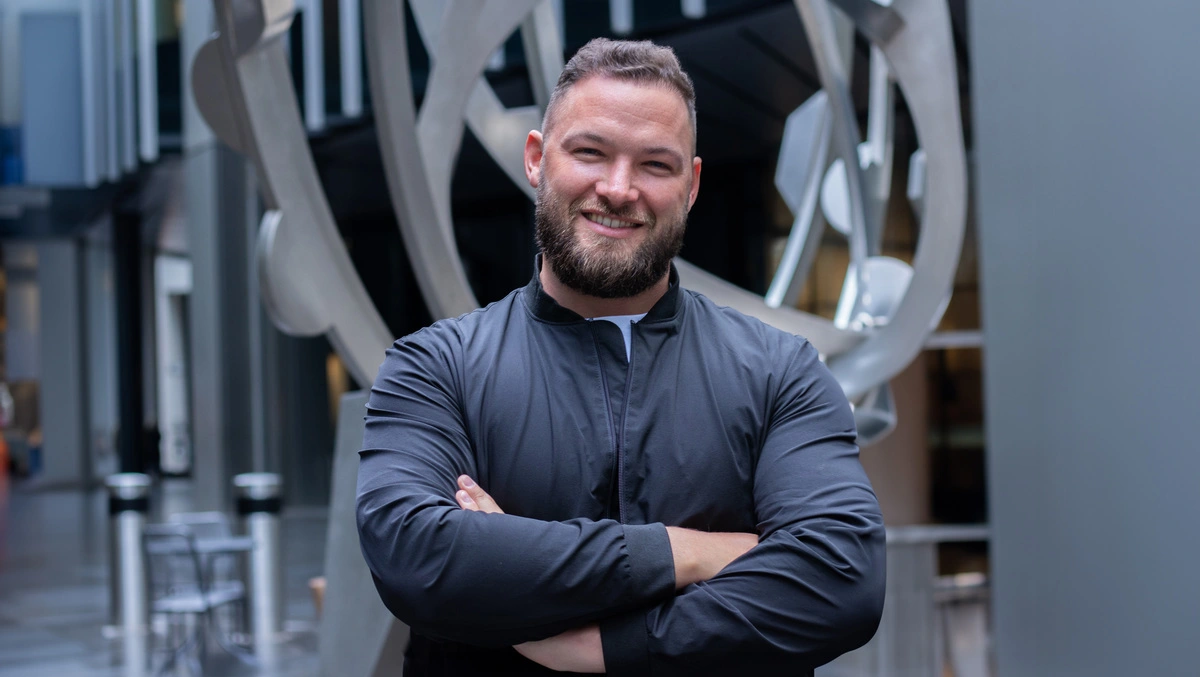
AI breakthroughs: Curing dementia, bringing back the dead
Dan Thomson's journey into the realm of digital immortality began with an eye-opening personal experience.
"My fascination with memory and identity started after an accident that briefly erased my own memories," he told TechDay.
"I banged my head pretty hard in an accident and lost my memory for about two days, and that kind of steered my life towards wanting to do as much as I can with it. It made me realise just how fleeting our lives can be and how it can be taken away at any time."
This significant turn of events led Thomson, a former philosophy scholar, to found Sensay - a company dedicated to preserving human consciousness through advanced AI technology.
Founded on the principles of memory preservation, Sensay initially focused on aiding dementia patients.
"Our early prototypes aimed to capture and replicate personalities," he explained. Thomson believes the therapeutic benefits of reconnecting patients with their memories and loved ones are endless. "It's not just about memories; it's about preserving identities."
He said it wasn't until AI "exploded" that he felt it was the right time to give it a shot.
"I realized that now was the time to actually build this technology. It was always kind of a general fascination with AI, but until the real explosion came, it really clicked with me that I had to build this technology that I've been thinking about for so long."
Thomson said that from July 2023, Sensay worked for three months to build an example model to see what it was capable of.
"We built out a use case for dementia patients, and their families and loved ones, to replicate their memories, capture their essence, and capture their personalities," he explained. "We wanted to give them a way of preserving themselves for future generations in a way that just isn't possible."
He admitted that over the years, generational storytelling has become worse.
"Historically, people could remember maybe three, four, or five generations back of people and their stories, whereas now we can manage about two at best. You might know your great-grandparents' names and have a rough idea of who they were - but that's it."
"That never needs to happen again. Our kids, our grandkids, and our great-grandkids will be able to know everything about us from our photos or videos and, ideally, these replicas of us that they can interact with and learn from going forward. So creating something like that for dementia patients was huge."
"My dream is to be able to talk to someone and answer anything, and for people to not be able to tell the difference."
While hailed for its therapeutic potential, Sensay's advancements also raise profound ethical questions.
Thomson acknowledges concerns surrounding the replication of deceased individuals and issues of consent and privacy.
"We prioritize ethical guidelines and collaborate closely with researchers and ethicists," he said.
"Replicating celebrities, for example, without permission, is definitely not ethical," he explained. "Personally, I like the philosophers and historical characters - they are ethically okay, and arguably done better."
"We use the celebrities as demonstration tools to show what can be done with this technology for different people."
He admitted although there's no research into the long-term effects of interacting with someone long after they have passed, "people are going to grieve no matter what."
"If people are going to grieve, and obsess over their loved ones, they're going to do it no matter whether it's through replicas or through photos and videos," Thomson said. "Obviously, there's an additional element, these replicas will be able to have phone conversations and video conversations with them, which is a bit above and beyond."
Thomson remains optimistic about Sensay's role in reshaping how we perceive memory, identity, and legacy in a digital age.
"It really just comes down to having the opportunity for someone to ask me something after I'm gone," he said. "That could be anything; it could be what I was doing for work, where I was on a particular day - even banking information or health information."
"In my mind, having something that makes it possible to do that is better than not having it at all."


